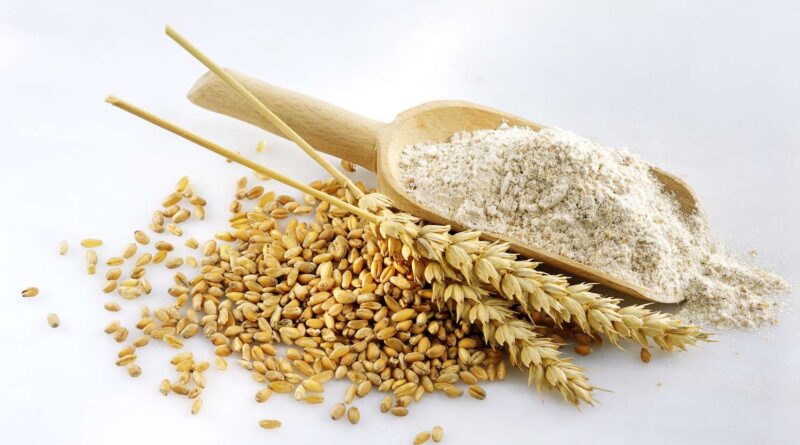Wheat promotion body moots modernisation of storage, handling of foodgrain
The Wheat Products and Promotion Society (WPPS), a 33-year-old non profit organisation, has called for the modernisation of storage and handling of foodgrains, particularly wheat, and the setting up of a separate Indian board for the cereal.
In a conference that brought key stakeholders from the wheat sector to chart out a path towards sustainable growth and development, the WPPS said the Centre should initiate a nationwide programme to modernise storage and handling facilities to reduce post-harvest and storage losses of wheat.
Setting up a separate Wheat Board of India will ensure a dedicated commodity body that will have representation from all levels of the supply chain, as a think-tank and policy advisory entity.
The meet, which witnessed deliberation and analyses that led to the recommendations for the future of wheat-based industries, stressed on the need for climate-resilient varieties and milling technologies. ‘Prioritise research and development of climate-resilient wheat varieties and innovative milling technologies to enhance productivity and efficiency,’ it said.
Voice in food policy
The WPPS called for an integrated multi-sectoral focus with the establishment of an integrated multi-disciplinary organisation at both the Central and State Government levels to ensure compliance and food security for the growing population.
Other recommendations include incentivising sustainable processing technologies by offering incentives to encourage the transition from traditional to sustainable processing technologies at primary and secondary levels.
It stressed the need for a WPPS representation in food policy organisations. Representatives from wheat processing industries to key food policy-making organisations should be invited in shaping impactful policies.
Ajay Goyal, WPPS Chairman, said, ‘With the increasing demands for wheat and its vital role in nourishing our nation, we are happy to present these recommendations that pave the way for a thriving and sustainable wheat industry.’
This article has been republished from The Hindu Business Line

